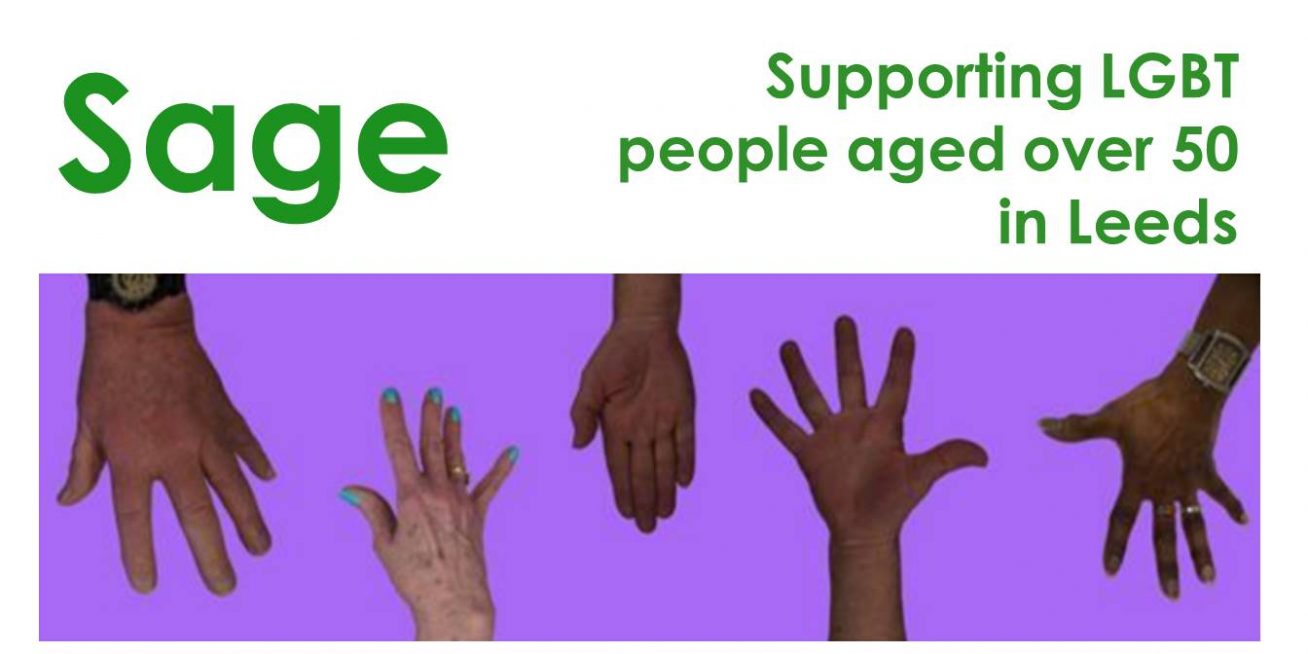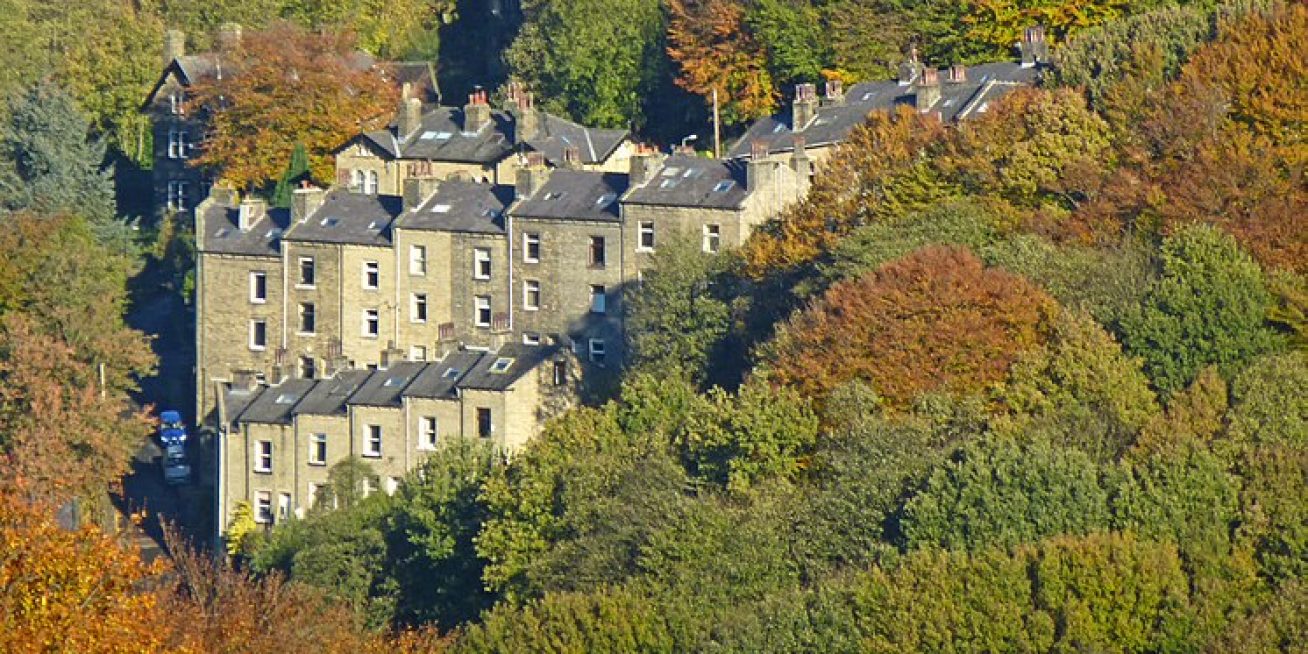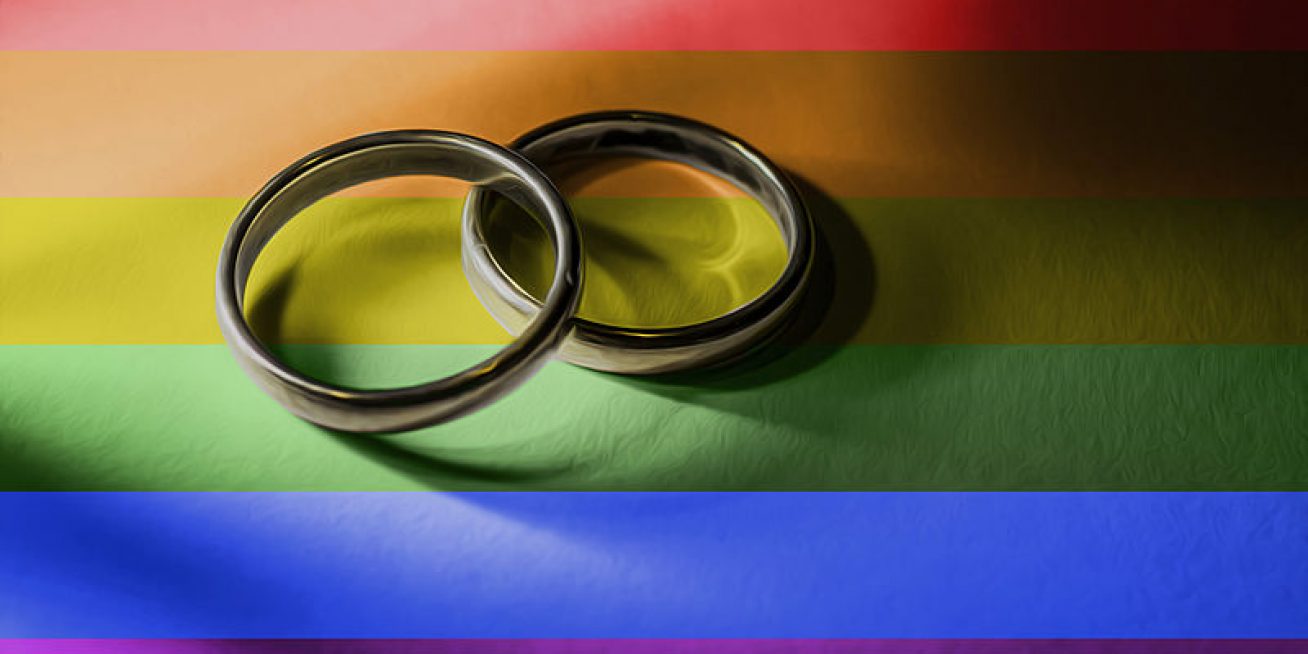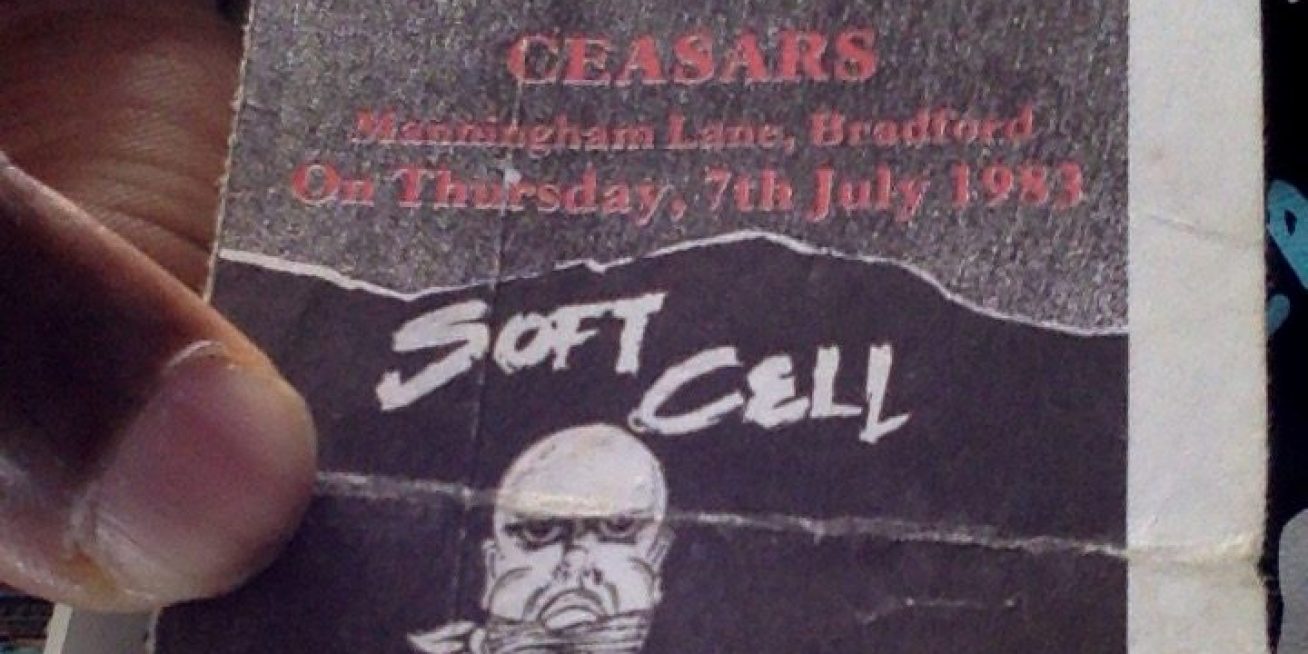Growing up gay in a closed community
David recalls the difficulties in discovering his sexuality while growing up in a Plymouth Brethren community.
TRANSCRIPT
DG: I was brought up in a very puritanical Christian sect known as the Plymouth Brethren.INTERVIEWER: OK.
DG: And they were particularly keen that one should not enjoy oneself, so we were very limited. We had to be part of a more, more or less closed community although I went to an ordinary school. And, as a result, I think I was limited in my perceptions as to myself, for many, many years. The control of our lives in those days was, one might say horrendous, however, it was also a very secure and a happy upbringing. I have many happy memories of my upbringing.
INTERVIEWER: So at which point within that upbringing did you realise that something wasn’t clicking with you, within your community?
DG: I felt that the norm, as in the world in general, seems to be in the [unclear] majority today, was a heterosexual life.
INTERVIEWER: Yes.
DG: We all were given the impression, and quite a number of people are today perhaps, that we would grow up, marry and have children and live happily ever after. As I was growing up, and I think I would say as young as the age of about eight, I started realising that for some unknown reason, I was thinking about men in a, I would say a sexual context, I was saying I felt I was attracted to males. It wasn’t more than... a few boyhood fantasies and there was no attempt in any way for it to become active. But as I grew a little bit older, and my parents and one or two others maybe in the closed community, would refer to what happens when you grew up, you know, you kind of find a girl, get to know, fall in love, get married have kids. I knew as I was growing up, you know, probably the age of 11, 12 and then more and more as I was in my early teens, that it – this didn’t gel with me one bit. It was absolutely alien to me. And of course that caused me a lot of heart-searching because I was aware that there was this alternative, to which I was inclined, which was natural to me. And yet I was being told by those around me, without being explicit to them how I was feeling, that such a way was negative and should not be pursued.
INTERVIEWER: So at what point, and at what stage in your life then, did you feel that you needed to explore out of the Plymouth Brethren and start exploring a wider section of society, and… - where did that lead you?
DG: When I was still at school I was aware of one or two things going on, I was aware of one or two books in the school library that gave indications of alternative lifestyles, as they might have been called then. I wasn’t in any way exposed to anything I would call explicit. Not that I use that as a defence, because if I had been, I’d have probably jumped at the chance! [Laughs] But, you know, you become aware from things that other kids talk about and school teachers mention, that there was this alternative sexuality. Although it wasn’t harped on very much so it was, it was spoken about relatively positively but very little. So... I had to try and equate being in a closed sect where I was told that my inclinations were wrong, where I was relatively happy for the social side of it to an extent, but where I knew I could not proceed ultimately, or at least I didn’t see how I could proceed ultimately, to enjoy life, because I was would be funnelled into a heterosexual relationship which I wouldn’t want. So when I was in my teens, I was in an ambivalent situation. I learned a little about – as I said, from one or two, I’d call really only reference books, technical books, about homosexuality, and being gay. And those I found really very interesting and helpful, but these were sort of surreptitious glimpses of books in libraries and things. And I never discussed this with anyone. And I never told my parents of my inclinations at all. How... perspicacious they were, how aware they were as to how I was developing, is... anybody’s guess. I don’t think they had much idea.







